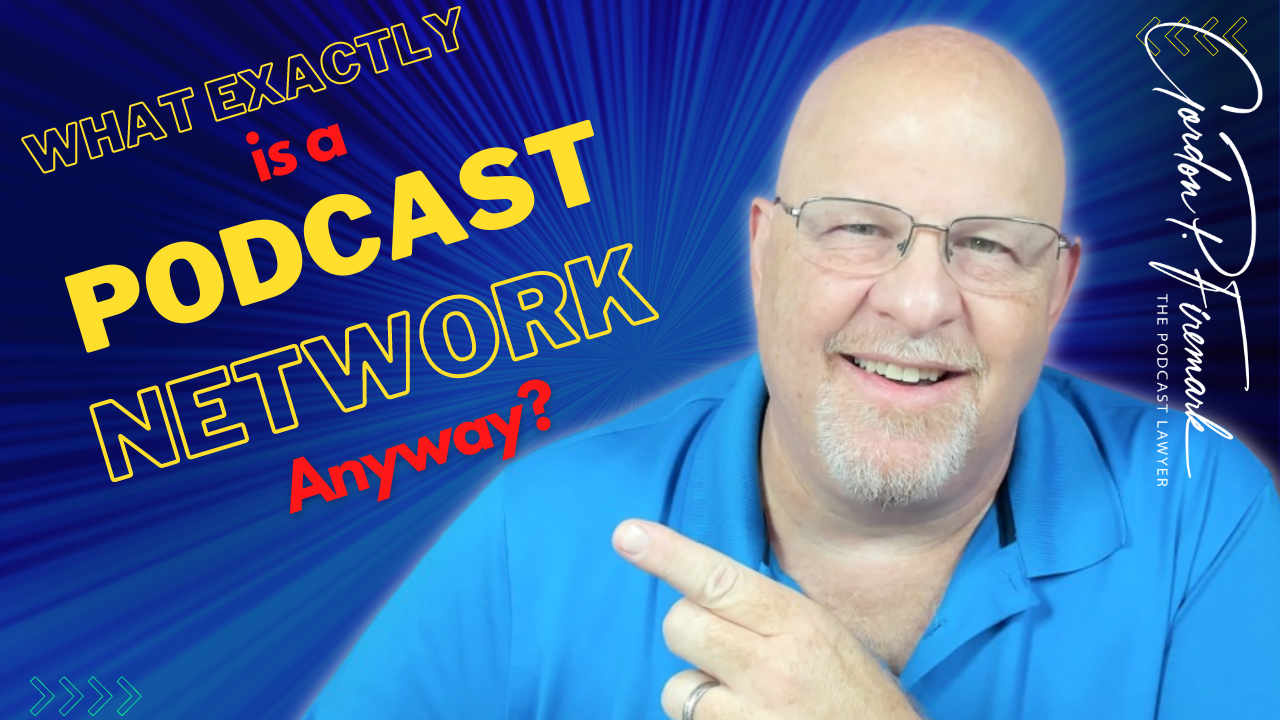What actually IS a podcast network?

This week, I've been head-down on a couple of projects for start-up podcast networks. Every network is a little bit different, but they all have a few common hallmarks. Here are some examples:
- Overall character of the relationship. Is the host a gun-for-hire, or an owner of the show? What are the responsibilities of the host/podcaster? What does the host/podcaster receive as compensation/benefit for being part of the network?
- Network Ad-Sales – most networks are mainly about shifting the monetization of podcasts to the network, which handles selling ad inventory within the various shows, managing the ad ‘traffic', billing, collections, etc.
- Revenue Splits – this varies widely. Some networks retain only a small portion of revenues (akin to a sales commission), while others keep a larger slice of the pie. Typically, this relates to the level of other services the network provides. (e.g., media- and web-hosting, production facilities and equipment, production and post-production services, etc.)
- Network Services. Some networks are high-touch, and others are very loose, handling little more than ad-sales and a bit of promotion of the episodes.
- Distribution. Many networks insist on controlling the distribution of shows, so that they're only accessible through the network's designated rss feed, channels, etc. This relieves show creators of a burden, but also limits how portable the show is later on.
- Cross-Promotion. Most networks expect their podcast hosts to invite hosts of other network-programs onto their shows as guests. Many also furnish network cross-promo ads to be played, and graphics to be displayed. Network ID messages are also typically required of all shows.
- Intellectual Property and liability issues. All networks have to be concerned about the content they distribute. They require assurances that the content furnished by the show hosts is original or properly licensed, in conformity to the network's technical, quality, and content specifications. (i.e., no explicit content, no discussion of certain topics, etc.). The network will also require that the content creators indemnify against any problems that may arise. Content creators are justified in asking for similar assurances against claims that arise as a result of network action, errors, or omissions.
- Termination, This is often a hotly contested deal point. What happens at the end of the term of the contract? What if things aren't working to everybody's satisfaction? Can one party end the relationship? Who gets what if that happens? Who actually owns the show title, format, episode content. What happens to the RSS feed? Hosting accounts? Social media and email?
Bottom line: Although each network operates a little differently, they generally follow common themes that are not too dissimilar to those we also encounter in the television industry.
If you're starting or joining a network, please don't try to do everything yourself and reinvent the wheel. Let me help you work out your deal terms and protect your interests.
